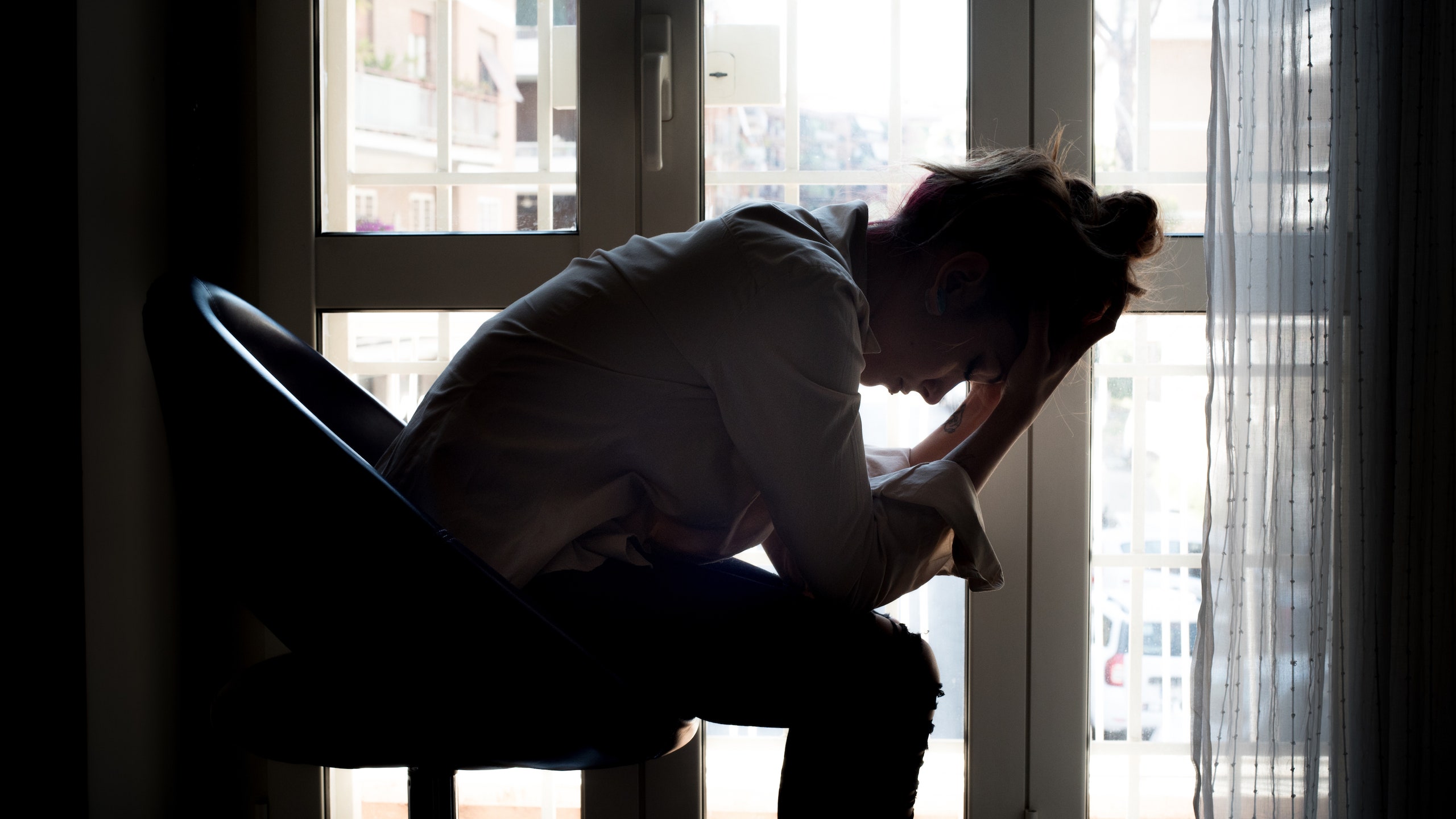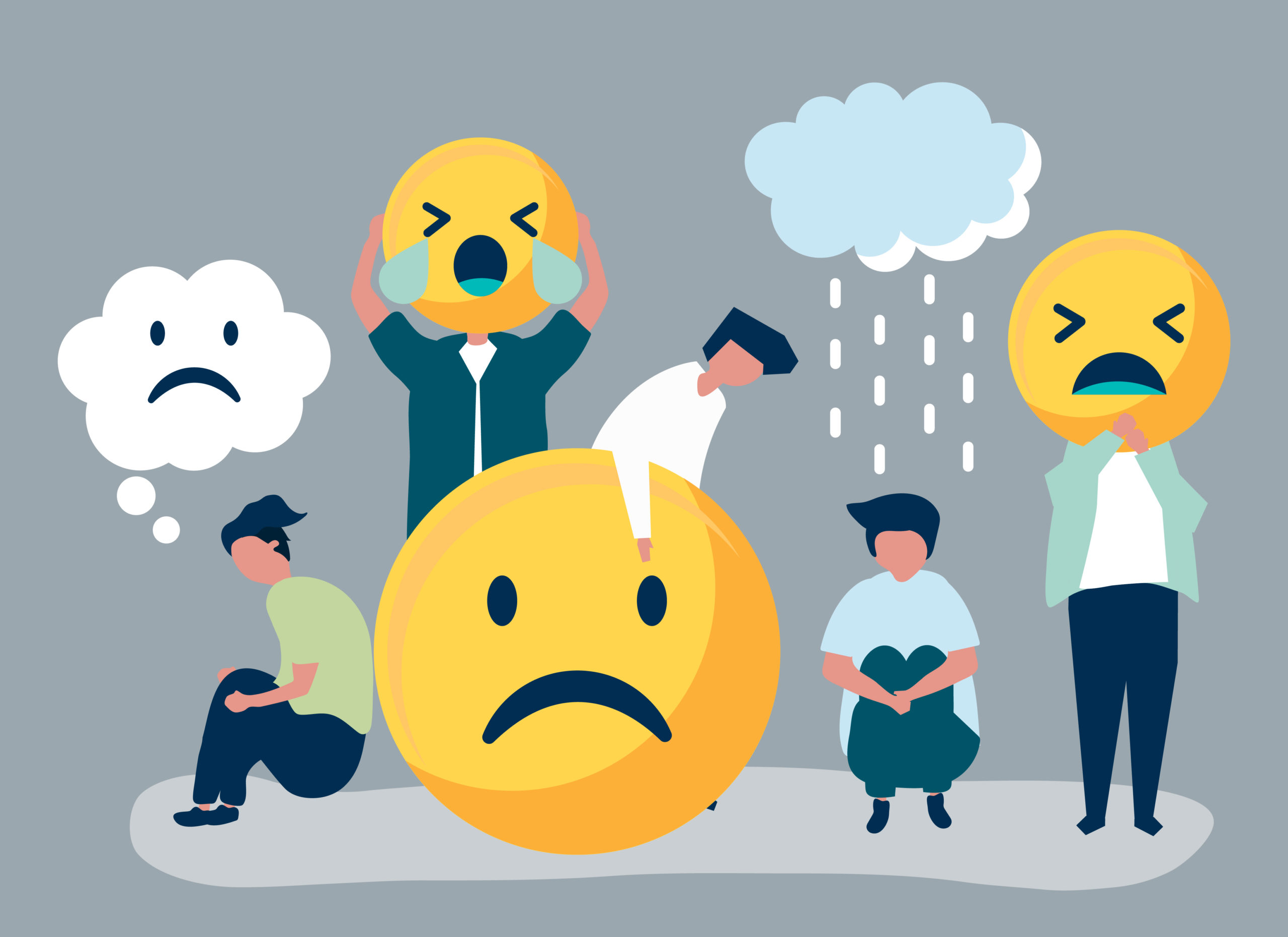Have you been feeling down or blue for quite some time? Do you think it’s different from being ‘sad’ and probably something more than it? Have you lost interest in things you used to enjoy? Does your low state persist most of the day, almost every day? Is this starting to affect your physical health, your daily functioning, your relationships, or your school or work performance? If your answer is yes to most of these questions, chances are you may be experiencing signs of depression or major depressive disorder.
A Quick Guide
Signs of depression include a persistent depressed mood and loss of interest or pleasure in previously enjoyed activities for at least two weeks. Additional symptoms may include changes in appetite, sleep patterns, energy levels, feelings of worthlessness or guilt, difficulty concentrating, and thoughts of death or suicide. These symptoms cause significant distress and impairment in daily functioning, and it is important to differentiate them from normal reactions to life events with the help of a trained mental health professional.
Signs of depression
According to DSM-V, for a person to be suffering from depression, the following symptoms are present for at least 2 weeks or more.
Two major signs of depression are:
1. Depressed mood for most of the day nearly everyday
2. Loss of interest or pleasure in previously enjoyed activities
Other signs of depression
A person suffering from depression exhibits five or more of the following symptoms:
- Persistent low mood either reported by the person or observed by others. Some individuals exhibit is as frequent periods of tearfulness.
- Losing pleasure or interest in nearly all activities either reported by the person or observed by others.
- Increase or decrease in appetite or loss/gain of weight almost every day.
- Increase or decrease in sleep nearly every day.
- Feeling agitated/restless or slowed down. This is either reported by the person or observed by others.
- Experiencing fatigue or loss of energy.
- Feeling worthless or excessively guilty nearly every day.
- Difficulty thinking, concentrating or making decisions most of the day almost every day either reported by the person or observed by others.
- Having frequent thoughts of dying or committing suicide. People with moderate to severe depression may plan out or even make a suicidal attempt.
The presence of the above symptoms cannot be explained or attributed to:
- The effect of a substance or medication
- Some other medical conditions
- Presence of another psychological disorder
- Presence of a manic or hypomanic episode
Effect of Depression on Life
The above symptoms of depression cause significant distress to the person and affect his daily functioning e.g. finding it hard to care for personal hygiene or self-grooming. Similarly, the person may have difficulty performing academic or work-related tasks at school or work. Initiating and maintaining relationships also becomes a struggle when one is feeling depressed.
Important Note:
It must be noted that reactions to losses e.g. losing a parent or loved one, developing a serious medical condition, facing a big financial loss, etc are natural. Likewise, these may share symptoms of depression. Such as low mood, difficulty eating or sleeping, feeling worthless, etc. However, it must be clearly distinguished if these responses are natural/temporary and distinct from a depressive episode. Or that this natural reaction has ultimately become a depressive episode with time. This judgment should be made by a trained mental health professional.
Watch: [Signs of Depression | Kaiser Permanente]
We hope you found this article useful for learning more about the signs of depression.



 High functioning Autism & Depression: What you need to know
High functioning Autism & Depression: What you need to know  Crippling Depression: Learn To Recognize It & Cope Effectively
Crippling Depression: Learn To Recognize It & Cope Effectively  Clinical Depression (MDD): Symptoms, Assessment & Treatment
Clinical Depression (MDD): Symptoms, Assessment & Treatment  Major Depression: Symptoms, Causes, Risk Factors & Treatment
Major Depression: Symptoms, Causes, Risk Factors & Treatment  Understanding Depression And Anxiety
Understanding Depression And Anxiety  Major Depressive Disorder: How depression symptoms manifest in your life?
Major Depressive Disorder: How depression symptoms manifest in your life?